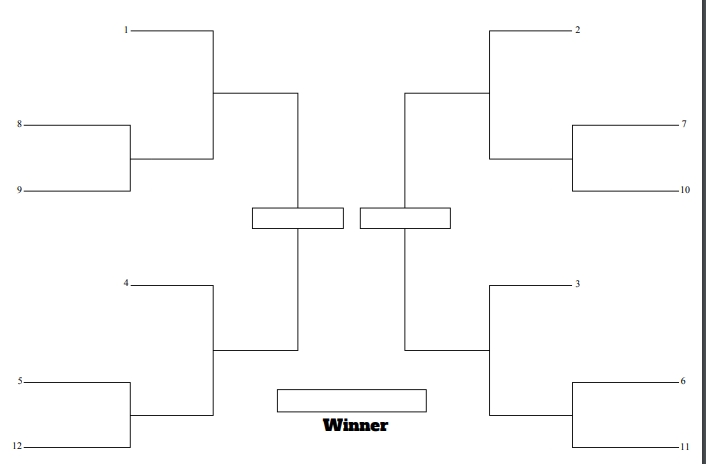The current NBA hiatus is expected to last into the summer as the COVID-19 pandemic is showing no signs of slowing down any time soon, with even those especially optimistic about restarting the season understanding that with facilities closed, players will need at least a few weeks to train before games can be played.
As such, a June or July start to the season seems far more likely than getting back on the court come May, even though Dallas Mavericks owner Mark Cuban hopes a mid-May return could happen. With the NBA insistent that they want to finish this season and most teams having about 17 games left to play, playing out the regular season and playoffs could take the NBA season past Labor Day and into September. That would force a major shift to the start of next season, and the later it goes, the harder it will be to sell players on shortening the offseason to start next season by Christmas Day.
Given the great unknown that is the timetable for a return, the league should be considering alternative options right now for finishing up the season, should they need to start even later than they hope. Some have suggested starting immediately with the playoffs, which makes sense for timing — particularly if they were to need to wait until late-July or August to start — but it’d be difficult for playoff teams to knock off the rust from such a long period of time off and immediately jump into playoff basketball.
My suggestion is to use this circumstance to test out a format that could be used for the NBA’s desired midseason tournament, looking to World Cup pool play for inspiration. The basic idea is to create six pools of five teams each, with teams broken into five “pods” to fill out each pool. The pods would coincide with the current standings and the draw would be random, with each pool getting a team from all five pods. For example:
Pod 1: Bucks, Lakers, Raptors, Clippers, Celtics, Nuggets
Pod 2: Jazz, Heat, Thunder, Rockets, Mavs, Pacers
Pod 3: Sixers, Grizzlies, Nets, Magic, Blazers, Pelicans
Pod 4: Kings, Spurs, Suns, Wizards, Hornets, Bulls
Pod 5: Knicks, Pistons, Hawks, Wolves, Cavs, Warriors
Using a random number generator to draft teams from each pod, we get pools of:
Pool 1: Bucks, Rockets, Blazers, Spurs, Pistons
Pool 2: Lakers, Jazz, Nets, Suns, Knicks
Pool 3: Raptors, Thunder, Grizzlies, Kings, Hawks
Pool 4: Clippers, Heat, Pelicans, Bulls, Warriors
Pool 5: Celtics, Pacers, Magic, Hornets, Cavs
Pool 6: Nuggets, Mavericks, Sixers, Wizards, Wolves
Each team would then play eight games, four at home and four on the road, all against the teams in their pool with no back-to-backs. That would give teams ample runway after a training camp of 2-4 weeks, depending on when facilities can be safely opened, to get back in game shape before the playoffs. The playoffs would take the top two teams, by record, from each pool, with point differential (margin of victory) as the tiebreaker — i.e., if the Thunder and Grizzlies both go 6-2, but OKC had a +42 differential and Memphis had a +35 differential, the Thunder advance.
The top four teams overall (again, all of this is done by record with point differential as the first tiebreaker) would earn first round byes and the other eight would be seeded into a playoff bracket like the one below, which kind of looks like the NFL playoff bracket.

The new first round series could be best of five to further help keep things going in a timely manner. Now, this would, obviously, be a dramatic change, but it could help institute some things many have called for. First is an elimination of the conference designation to allow the teams with the best records make the postseason and be seeded across the whole league. The other is an indication of how a potential pool play-style tournament could play out as a midseason competition concept, which the NBA reportedly really wants to institute.
It’s certainly not something the league would want to adopt given they want to play out the season like any other, but considering that we are already into something unprecedented, treating this season like any other is a bit foolish. That’s not to say this is the perfect option, but it might be the best way to offer something akin to regular season games without having to play 17 more games in a condensed time frame. You give teams eight games to qualify for the playoffs rather than trying to ramp up the intensity to playoff levels immediately, ensure you’re getting the 12 teams in the best form whenever those start, and find out if this is a format that could work for a potential in-season tournament.







